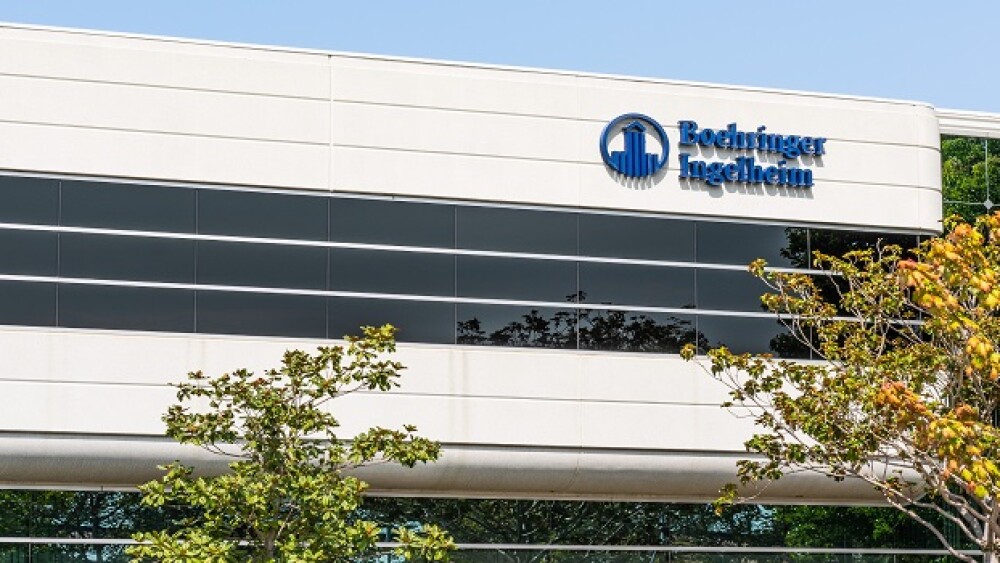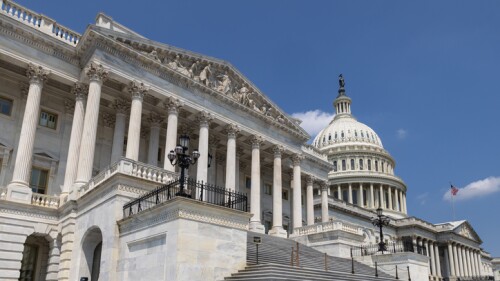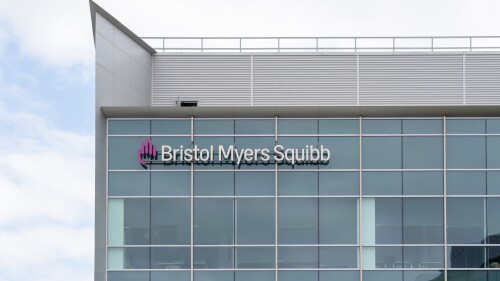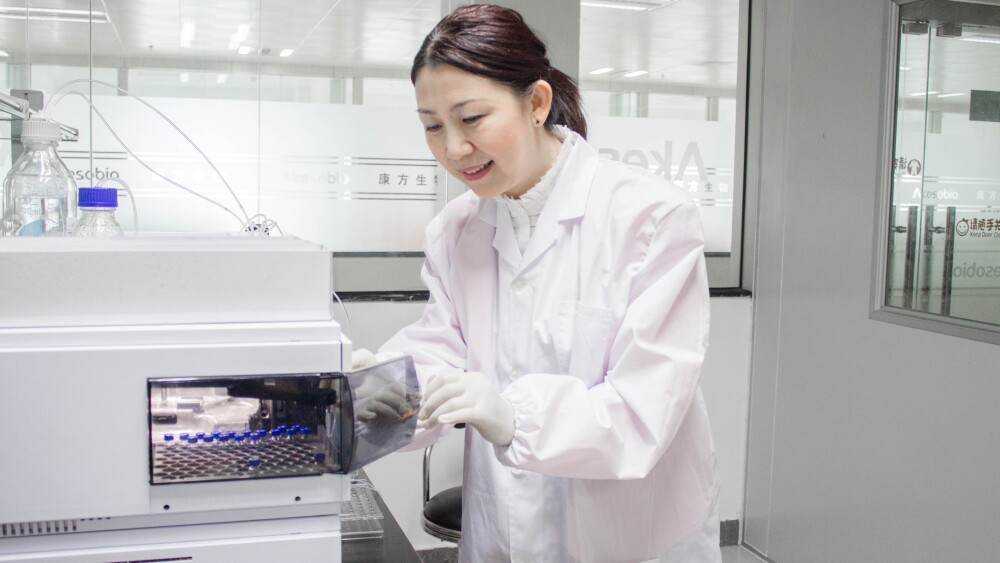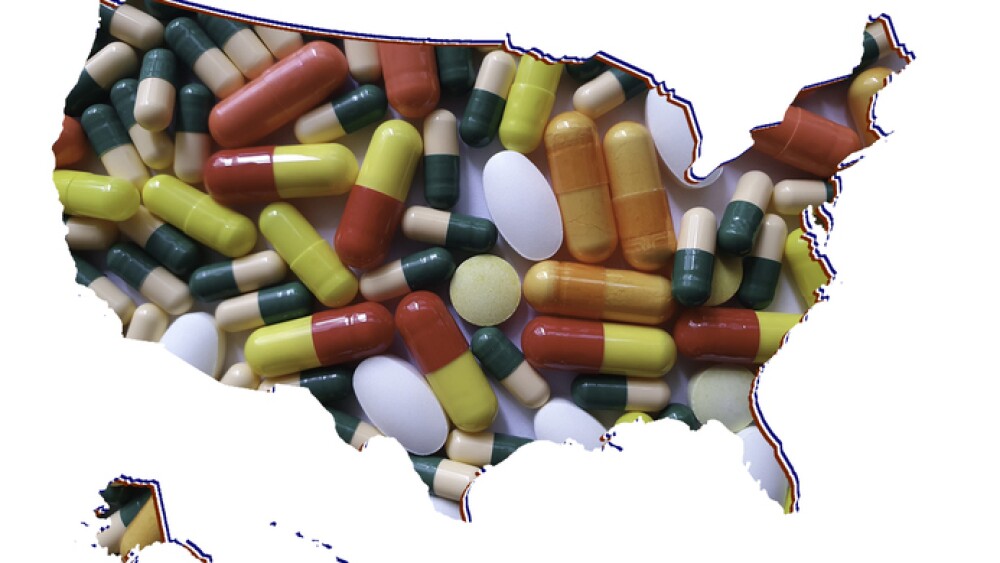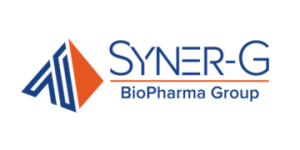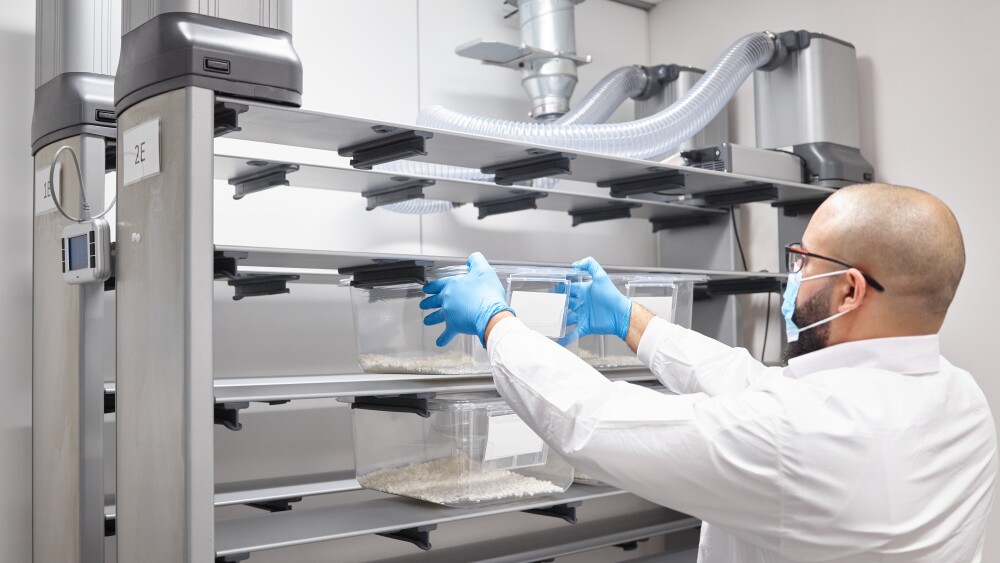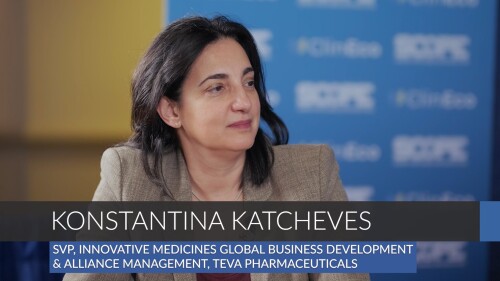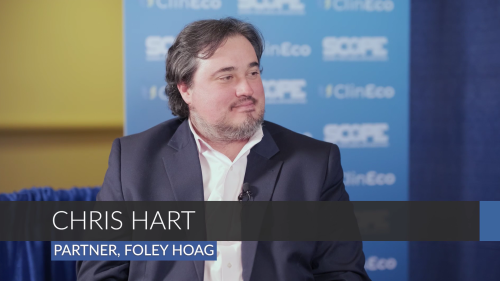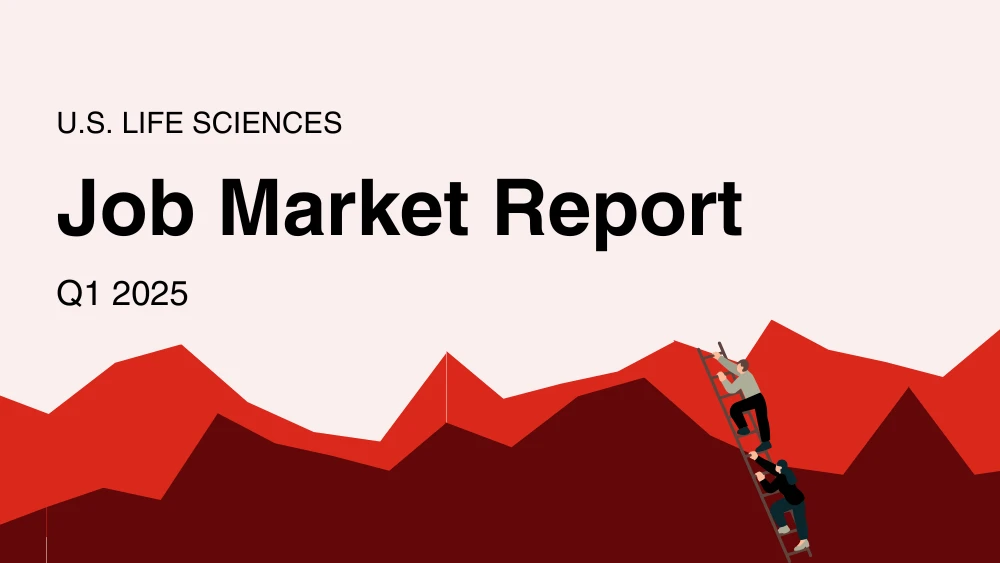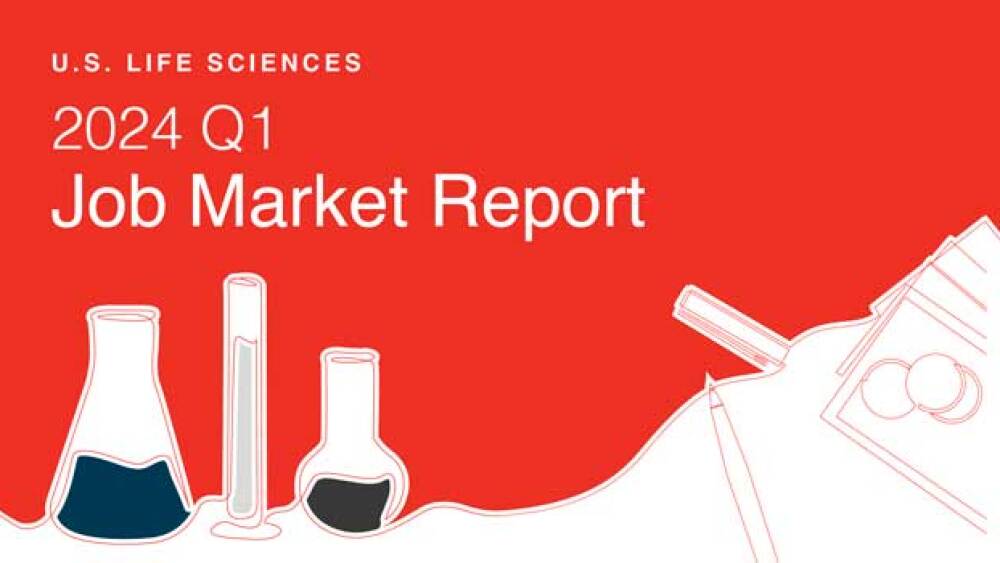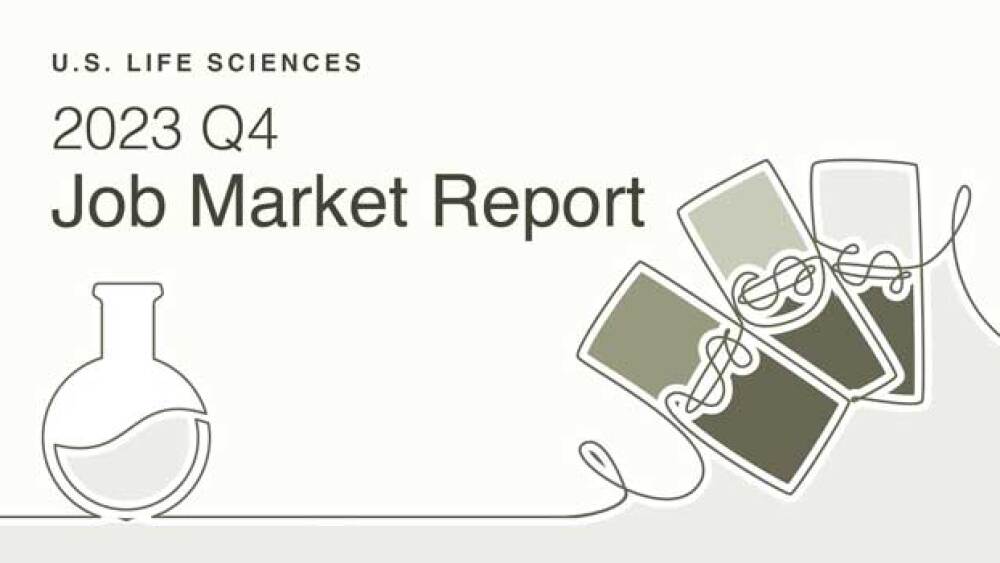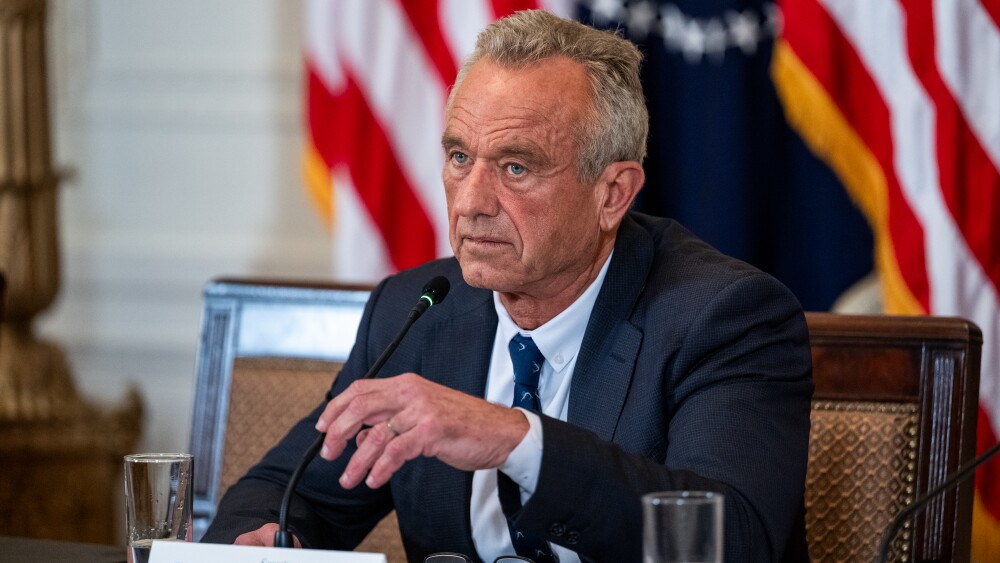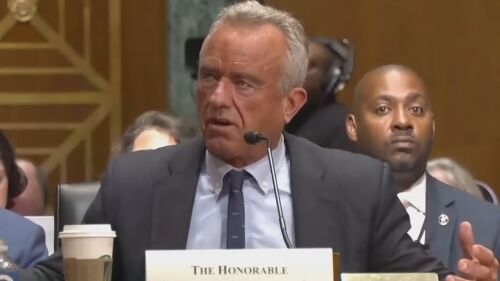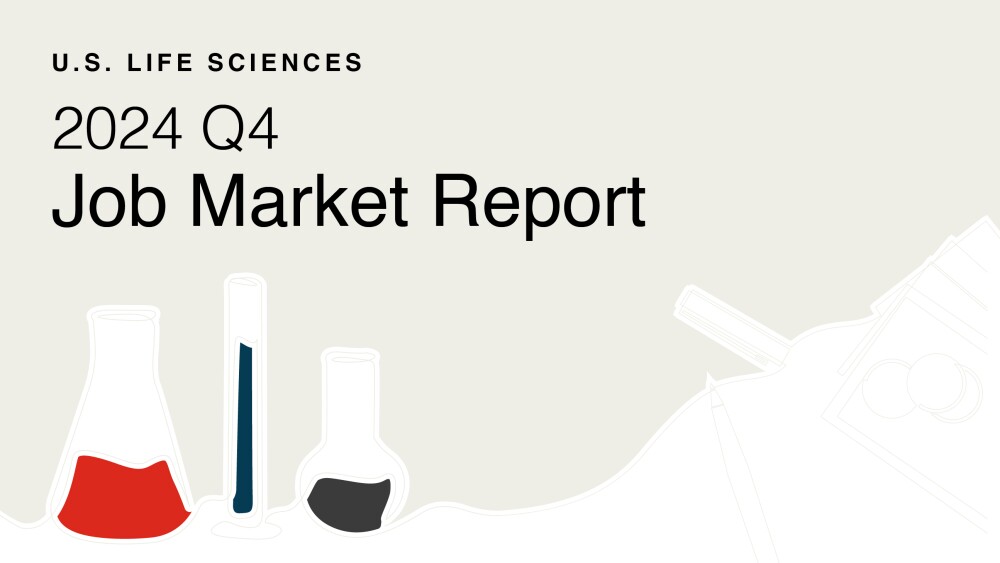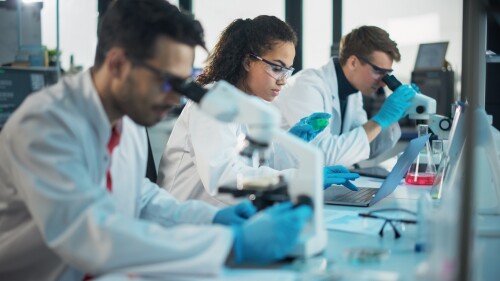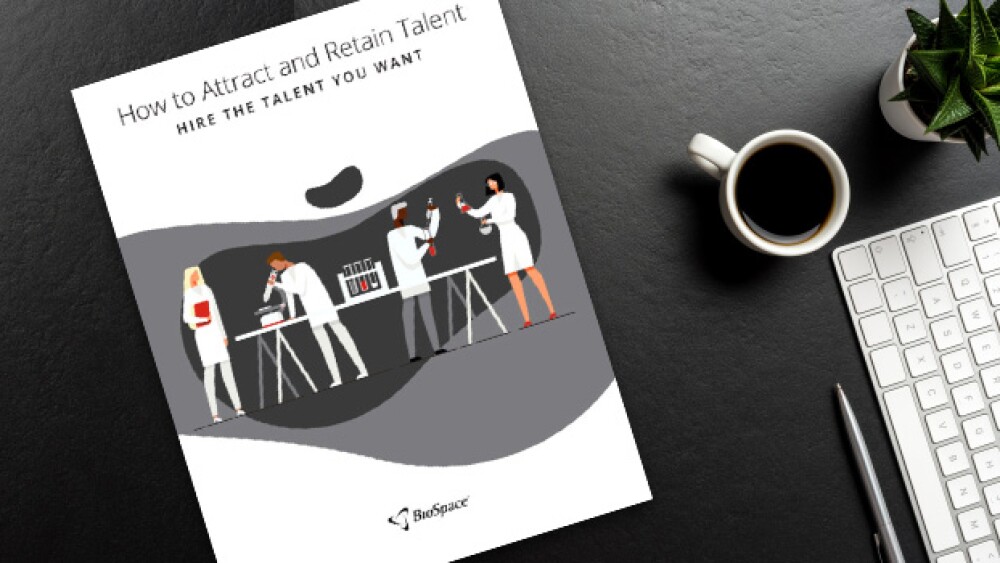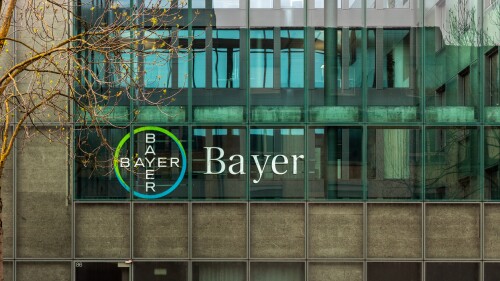Novo had around 250 employees working on cell therapies, all of whom will be laid off, though a spokesperson declined to reveal which offices and locations will be affected.
The British pharmaceutical giant has joined the direct-to-consumer push, following Pfizer and Amgen’s announcements in response to the president’s calls to lower U.S. drug prices.
A new version of the controversial bill removes the specific company names that were included in a previous iteration but still requires the industry to ditch Chinese biotech contractors in order to receive federal dollars.
Investor reaction to the deal was muted, with BMO Capital Markets analysts saying they “continue to look for more” from Bristol Myers Squibb before they can “get excited about the near term turnaround story.”
AviadoBio will have the option to exclusively license UGX-202, a vision-restoring gene therapy for the rare eye condition retinitis pigmentosa.
GoodRx, an online platform that offers drug discount coupons to patients, is in talks with the government to participate in the forthcoming TrumpRx program.
FEATURED STORIES
A complex state vs. federal regulatory scheme allows drug compounders to advertise drugs without disclosing risks like a pharma company must do. Experts say it’s time for the FDA to crack down.
From a small team of researchers and skipped salaries, CEO Michelle Xia has steered Akeso to become one of the most exciting companies in the industry today.
While the FDA is trumpeting this new initiative as “sweeping reforms” to the way drug companies can advertise, experts say the regulator is going after a problem that doesn’t exist.
The FDA has vowed to fix a pharma ad loophole—but they’re targeting the wrong one.
The patient-specific nature of autologous cell therapies presents unique challenges that can best be addressed by a middle path between on-site and centralized manufacturing.
Some observers see risks to becoming over-reliant on local facilities, noting the potential need for trade partners if domestic production is disrupted.
LATEST PODCASTS
In this episode presented by Cresset, BioSpace’s head of insights Lori Ellis discusses the emerging geopolitical battle for AI supremacy and global AI governance with Mutlu Dogruel, VP of AI and Mark Mackey, CSO of Cresset.
George Tidmarsh takes over temporarily at CBER following Vinay Prasad’s abrupt departure; Replimmune trial leaders protest rejection reportedly driven by FDA’s top cancer regulator Richard Pazdur; Merck’s $3 billion savings push claims 6,000 jobs; and Pfizer CEO Albert Bourla addresses President Donald Trump’s new threats around Most Favored Nation drug pricing.
In this episode presented by IQVIA, BioSpace’s head of insights Lori Ellis discusses the concerns and opportunities of patient data driving AI tasks with Louise Molloy, associate director medical information and pharmacovigilance.
Job Trends
The number of employees laid off increased year over year during the first quarter. BioSpace recaps the five largest rounds of layoffs, which included BMS and Novartis cuts.
Subscribe to Genepool
Subscribe to BioSpace’s flagship publication including top headlines, special editions and life sciences’ most important breaking news
SPECIAL EDITIONS
The job response rate has risen year over year, according to BioSpace data, indicating competition for roles posted on our website has increased.
In this deep dive, BioSpace examines what’s next for Leqembi, the true cost of anti-amyloid antibodies, and what other Alzheimer’s treatments are coming down the pipeline.
If it feels like there has never been a tougher time to look for work, you’re not alone—and you’re likely not wrong.
DEALS
-
What will Boston Pharmaceuticals CEO Sophie Kornowski do now that the company is selling off its pipeline and winding down operations? Whatever it is, data will take her there.
-
The deal, which involves a $700 million upfront payment, gives AbbVie access to ISB 2001, a clinical-stage first-in-class trispecific antibody currently being tested for certain kinds of multiple myeloma as well as autoimmune indications.
-
The deal gives AstraZeneca’s rare disease unit Alexion access to specialized capsids developed by the Japanese biotech JCR Pharmaceuticals for use in up to five of Alexion’s gene therapies.
-
In the second biggest acquisition of the year, Merck gains the commercial COPD drug Ohtuvayre, which could help offset the loss of revenue when Keytruda’s patent expires later this decade.
-
Analysts said the deal with Novo was likely giving Hims “‘credibility’ or increased consumer traffic,” adding that the “litigation risk is back on the table” now that the Danish pharma has stepped away.
WEIGHT LOSS
-
Closely watched data from Eli Lilly and Viking Therapeutics this month have reignited the discussion around oral weight-loss drugs—and their ultimate place within the anti-obesity medication market.
-
The mad rush for safe and effective obesity drugs has winners—including Eli Lilly’s Zepbound and Novo Nordisk’s Wegovy—and losers. Here are five molecules that never made it to the market.
-
While it’s impossible to make apples-to-apples comparisons of the many obesity candidates with so many differences across clinical trials, we at BioSpace are giving it our best shot.
-
With results from highly anticipated trials of Eli Lilly’s orforglipron and Viking Therapeutics’ VK2735 “underwhelming” investors, William Blair’s Andy Hsieh predicts weight loss pills will play a bigger role in low- and middle-income countries than in the U.S.
-
A draft copy of an upcoming MAHA report reveals a strategy in lockstep with recent HHS actions such as reviving the Task Force on Safer Childhood Vaccines; Viking Therapeutics reports robust efficacy from mid-stage oral obesity candidate but is tripped up by tolerability concerns; Novo Nordisk wins approval for Wegovy in MASH; and Lilly takes a pricing stand.
POLICY
-
In a livestreamed meeting Tuesday afternoon, Health Secretary Robert F. Kennedy Jr. drew a dark portrait of the state of America’s health while addressing the MAHA Commission’s most recent report, which includes plans to research potential links between vaccines and rising rates of chronic disease.
-
Ori Biotech’s CEO said the prioritization of review by FDA, coupled to the impact of the technology, could shave up to three years off development timelines.
-
While a win for consumers, the regulatory action did nothing to stem the manufacture of compounded versions of the popular obesity drugs that are made by Novo Nordisk and Eli Lilly. In fact, the FDA seems to be signaling that “some level of compounded product is acceptable,” according to BMO Capital Markets.
-
The World Health Organization’s Essential Medicines list guides high-level procurement and coverage decisions for over 150 countries.
-
Robert F. Kennedy Jr. repeated a series of anti-vaccine talking points during his appearance in front of the Senate finance committee on Thursday, as Democratic and Republican senators alike hammered the Health Secretary on recent COVID-19 vaccine restrictions and his views on Operation Warp Speed.
At Johns Hopkins University, the biomedical engineering program’s Design Team offering lets undergraduates dive deep into clinical projects that can help them land industry jobs, get provisional patents or even start companies.
Not everyone who completes a life sciences Ph.D. wants to continue working in a laboratory or in research. If this is the case for you, here are 12 careers for Ph.D. life scientists outside of the lab.
Candidates looking to enter biotech should focus on cultivating key skills, thoughtfully crafting their resumes and putting their best, most authentic foot forward in interviews. An internship, co-op or fellowship won’t hurt, either.
This webinar will help you discover effective strategies for launching your career in biotechnology. You will gain valuable insights from industry experts and leave with the essential tools you need to thrive in this dynamic field.
A clinical research associate is a professional who oversees clinical trials. Here are our top tips on how to become one.
For biopharma executives who are between roles, navigating the transitionary time can be challenging. However, they can remain visible and valuable so they’re ready to seize their next big opportunity.
HOTBEDS
REPORTS
As competition for life sciences talent peaks, BioSpace has undertaken research to determine what employers can do to ensure they don’t lose out on talent they actually want to hire and retain.
If people are your greatest asset, it is imperative that your organization maintains a positive employer brand presence and talent pipeline. This report covers how you can build a strong employer brand with prospective employees, current employees - and former employees.
In challenging conditions, how can employers optimize the employee experience to retain their top talent and make the most of their current teams?
CANCER
-
The platform strategy of using one molecule to target an underlying biological pathway to address many different diseases can be a goldmine for smaller companies. But it also has a unique set of challenges.
-
VantAI will use its machine learning capabilities to identify novel target-effector pairs that Halda can use in designing its bifunctional small-molecule drugs.
-
The Department of Health and Human Services’ mRNA pullback only applies to their use in upper respiratory disease, according to Secretary Robert F. Kennedy Jr.
-
After two patients who received the investigational CDC7 blocker died, pushing forward with SGR-2921’s development would be “difficult,” according to Schrödinger, whose stock dropped 17.5% before the opening bell on Thursday.
-
For $1.3 billion in aggregate—including upfront and milestone payments—Bayer will get exclusive global access to Kumquat Biosciences’ small-molecule KRAS G12D blocker.
NEUROSCIENCE
-
LB Pharma will test the IPO market to seek funding for a Phase III-ready schizophrenia asset.
-
The deal extends AbbVie’s commitment to the psychedelics space and depression, after emraclidine’s high-profile flop in schizophrenia last November.
-
The small molecule, vatiquinone, had already flunked a Phase III trial, but the company pushed ahead with an approval bid anyway.
-
Waltham, Massachusetts–based Skyhawk Therapeutics has been collecting collaborations with larger companies in spades since launching in 2018.
-
Arguably the FDA’s most anticipated decision this month is for a subcutaneous induction formulation of Biogen and Eisai’s Alzheimer’s drug Leqembi, which, according to Eisai, could “help reduce the burden on healthcare professionals and patients.”
CELL AND GENE THERAPY
-
Jefferies analysts said these detailed safety outcomes confirm the gene therapy’s positive risk/benefit profile in ambulatory patients with Duchenne muscular dystrophy.
-
Skysona can now only be used in patients with cerebral adrenoleukodystrophy who have no available treatment alternatives or stem cell donors.
-
In the wake of multiple patient deaths from liver injuries related to Sarepta Therapeutics’ AAV gene therapy platform, some in the sector are looking for ways to improve the current technology, while others are eager to move on.
-
Sarepta did not hold an investor call for its second-quarter earnings report or provide an updated full-year revenue outlook.
-
From innovation in manufacturing to more-flexible regulation and better communication with payers, much needs to happen to make CGTs commercially viable. But it is possible, experts agreed at a recent panel.

